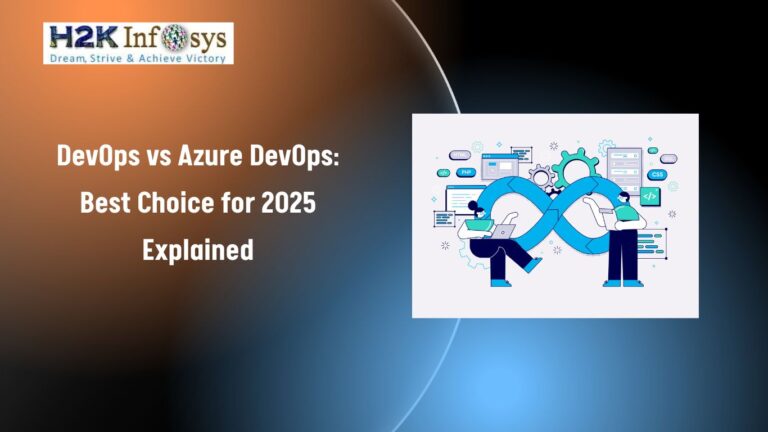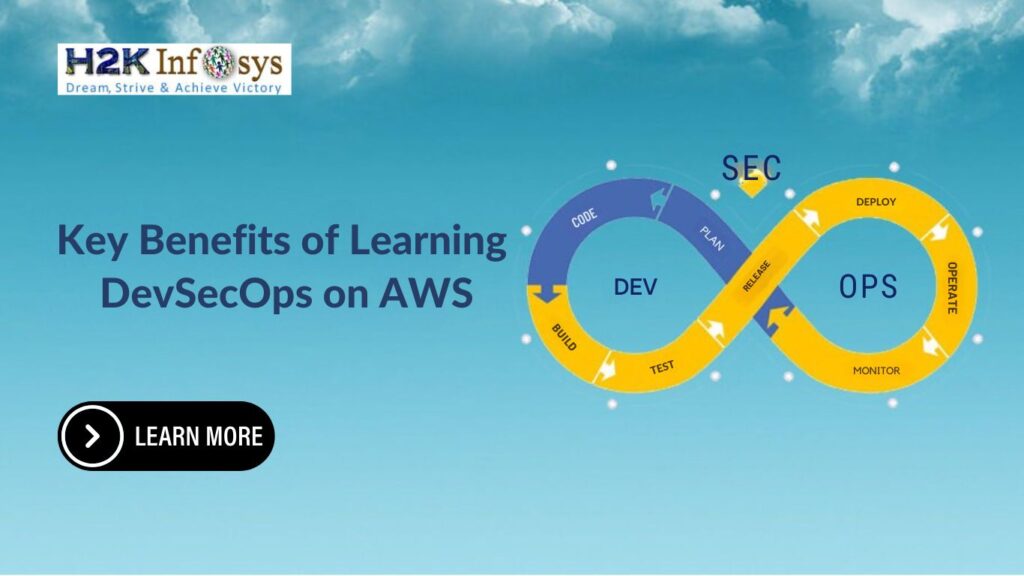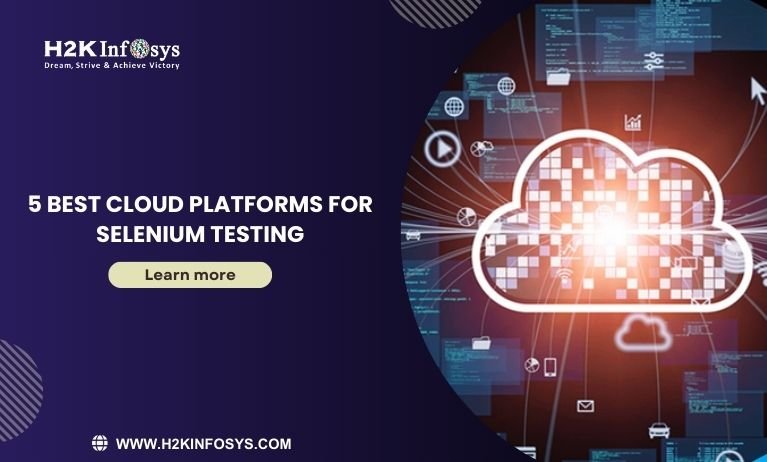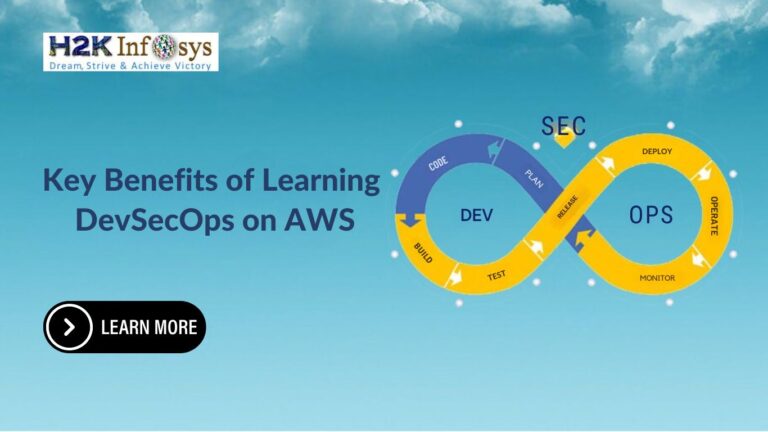In this blog, we’ll explore the key differences between general DevOps and Microsoft Azure DevOps, clarify what DevOps Azure certification is, and help you decide which one to choose in 2025. This comprehensive comparison of DevOps vs Azure DevOps will help you make an informed decision for your tech career.
Understanding DevOps
What is DevOps?
DevOps is a set of practices, principles, and cultural philosophies that aim to improve collaboration between development (Dev) and operations (Ops) teams. It focuses on automation, continuous integration, continuous delivery, monitoring, and feedback loops.
Rather than being a specific tool or technology, DevOps is an approach or mindset that encourages:
- Faster delivery of features
- More stable operating environments
- Improved communication and collaboration
- Enhanced customer satisfaction
Core Components of DevOps:
- CI/CD (Continuous Integration/Continuous Deployment)
- Automation in testing and deployment
- Infrastructure as Code (IaC)
- Monitoring and Logging
- Collaboration and Communication
Popular DevOps tools include Jenkins, Docker, Kubernetes, Ansible, Terraform, Git, Prometheus, and more.
What is Azure DevOps?
Azure DevOps is a suite of services provided by Microsoft to support the entire software development lifecycle. It is a platform built on DevOps principles but tailored for users in the Microsoft Azure ecosystem. It becomes an essential element in the DevOps vs Azure DevOps comparison, offering end-to-end DevOps toolchains for developing and deploying software.
Key Components of Azure DevOps:
- Azure Boards – Agile project planning and tracking
- Azure Repos – Git repositories for source control
- Azure Pipelines – CI/CD for building, testing, and deploying
- Azure Artifacts – Package management for dependencies
- Azure Test Plans – Manual and exploratory testing tools
So, while DevOps is a culture, Azure DevOps is a set of tools designed to implement that culture, especially in Microsoft-based environments. This distinction is critical in understanding DevOps vs Azure DevOps.
DevOps vs Azure DevOps: The Key Differences
| Aspect | DevOps | Azure DevOps |
|---|---|---|
| Definition | A methodology and culture that emphasizes collaboration and automation in software delivery. | A Microsoft product suite that provides tools to implement DevOps practices. |
| Tooling | Uses a combination of tools (Jenkins, Docker, Git, Kubernetes, etc.) | Provides an integrated toolchain under one platform. |
| Flexibility | Platform-agnostic; supports hybrid and multi-cloud. | Best suited for projects hosted on Microsoft Azure. |
| Learning Curve | Requires learning multiple tools and integrating them. | Easier for beginners with a single ecosystem. |
| Cloud Dependency | Works across all cloud providers or on-premises. | Tightly integrated with Microsoft Azure. |
| Ideal For | Organizations with custom environments, hybrid cloud, or non-Microsoft stacks. | Teams working within Azure or using Microsoft technologies. |
Understanding these distinctions is crucial when evaluating DevOps vs Azure DevOps for your career or business.
What DevOps Azure Certification Is
If you’re planning to step into the world of DevOps and are considering Microsoft technologies, it’s worth knowing about DevOps Azure certification.
Microsoft Certified: DevOps Engineer Expert
This certification validates your ability to work across people, processes, and technologies to deliver business value. It’s one of the most recognized credentials when it comes to DevOps vs Azure DevOps comparisons.
Prerequisites: You need at least one of the following:
- Microsoft Certified: Azure Administrator Associate
- Microsoft Certified: Azure Developer Associate
Skills Measured:
- Designing a DevOps strategy
- Implementing DevOps development processes
- Continuous integration and delivery (CI/CD)
- Dependency management
- Application infrastructure
- Monitoring and feedback
This certification centers around Azure DevOps tools, making it a key differentiator in the DevOps vs Azure DevOps debate.
Why Azure DevOps Might Be the Right Choice for You in 2025
1. Integrated Environment
Azure DevOps offers a one-stop-shop for planning, developing, testing, delivering, and monitoring applications—all under one platform.
2. Tight Azure Integration
If you’re working in or planning to move into the Azure ecosystem, this tool will make your life significantly easier. Azure Pipelines integrates seamlessly with other Azure services.
3. Enterprise-Ready
Azure DevOps is built for large-scale enterprise environments. With advanced permissions, scalable architectures, and governance controls, it’s trusted by thousands of enterprises globally.
4. Rapid Career Growth
As more companies migrate to Azure, the demand for Azure DevOps Engineers is skyrocketing. Learning Azure DevOps tools can give you a competitive edge.
When Should You Choose General DevOps?
1. Cross-Platform Development
If your team is working across multiple platforms and cloud environments (like AWS, GCP, and on-prem), you may prefer a more flexible, open-source DevOps toolkit.
2. Open Source Enthusiasts
Many DevOps professionals enjoy working with tools like Jenkins, Docker, and Kubernetes because of their open-source nature and customizability.
3. Custom Pipelines and Toolchains
If your organization needs fine-grained control over its DevOps processes, building custom pipelines using standalone tools may offer more flexibility than Azure DevOps.
Career Prospects: DevOps vs Azure DevOps
Both DevOps and Azure DevOps are in high demand, but the choice depends on the path you want to take.
General DevOps Roles:
- DevOps Engineer
- Site Reliability Engineer (SRE)
- Cloud DevOps Specialist
- CI/CD Architect
Average Salary (USA, 2025 Projection): $125,000 – $150,000/year
Azure DevOps Roles:
- Azure DevOps Engineer
- Azure Site Reliability Engineer
- Azure CI/CD Consultant
- Cloud Solutions Architect (Azure)
Average Salary (USA, 2025 Projection): $130,000 – $155,000/year
As companies move their infrastructure to Microsoft Azure, Azure DevOps Engineers are likely to see a boost in hiring rates and salaries.
Which One Should You Choose?
Here’s a quick guideline to help you choose between DevOps vs Azure DevOps:
- Choose Azure DevOps if:
- You’re planning to work in Microsoft environments.
- You want a more integrated and managed DevOps platform.
- You’re aiming for Microsoft DevOps certifications.
- Your company uses Azure cloud services.
- Choose General DevOps if:
- You prefer open-source tools.
- You need flexibility across different cloud platforms.
- You want to become a DevOps consultant or architect working across multiple environments.
- Your team is working with AWS, GCP, or hybrid systems.
Final Thoughts
So, when it comes to DevOps vs Azure DevOps, it’s not about which one is better—it’s about which one is better for you. In 2025, both fields offer excellent opportunities for career growth, but your choice should align with your goals, current skill set, and the type of companies you want to work with.
If you’re new to the field, starting with Azure DevOps certification can provide a structured path and open doors to enterprise-level roles, especially in Microsoft-focused environments. On the other hand, mastering general DevOps tools gives you more flexibility and control over your pipelines and workflows, making you a versatile player in diverse tech ecosystems.
Ready to Start Your DevOps Journey?
At H2K Infosys, we offer comprehensive training programs in DevOps vs Azure DevOps, designed by industry professionals. Whether you’re starting fresh or looking to elevate your career with a Microsoft Azure DevOps certification, we’ve got the right tools and hands-on guidance for you.
Enroll today and launch your DevOps career the right way!





























